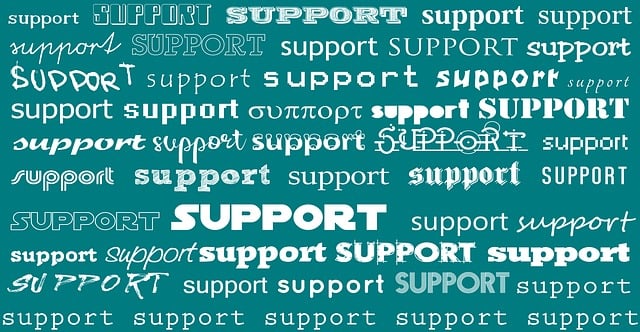Oregon's child welfare system prioritizes collaboration and offers navigating legal support for low-income families, ensuring parental rights and informed decision-making. Dedicated organizations provide free or low-cost legal aid, guiding parents through proceedings, advocating for children's best interests, and empowering vulnerable youth with representation in court.
In Oregon, child welfare proceedings can be complex and emotionally challenging. Understanding the state’s legal framework is crucial for both parents and guardians involved in these processes. This overview aims to provide a comprehensive guide on navigating legal support within Oregon’s child welfare system. From recognizing your rights and responsibilities to accessing legal aid and supporting children in care proceedings, this article offers valuable insights for those seeking to protect and advocate for their families.
- Oregon's Child Welfare Legal Framework
- Understanding Your Rights and Responsibilities
- Accessing Legal Aid for Families
- Navigating Court Involvement Processes
- Supporting Children in Care Proceedings
Oregon's Child Welfare Legal Framework

Oregon has a robust child welfare legal framework designed to protect and nurture vulnerable children within the state. This framework provides guidelines for identifying at-risk youth, ensuring their safety, and offering necessary resources and interventions. At its core, Oregon’s system emphasizes collaboration between government agencies, non-profits, and community organizations to offer comprehensive support to both children and families involved in child welfare cases.
Navigating legal support is a crucial aspect of this process. The state offers various resources, including legal aid organizations dedicated to assisting low-income families in child protection matters. These services ensure that parents are well-informed about their rights and obligations, enabling them to actively participate in the legal proceedings that could impact their family’s future. This comprehensive approach aims to uphold the best interests of children while also respecting the rights of their biological parents or guardians.
Understanding Your Rights and Responsibilities

Understanding your rights and responsibilities is crucial when navigating the Oregon child welfare system. As a parent or guardian, you have the right to be informed about any legal actions taken against you and to participate actively in court proceedings related to your child’s welfare. This includes attending hearings, submitting evidence, and communicating with your assigned legal support provider.
Legal support services play a vital role in ensuring that all parties involved have access to information and representation. These services provide guidance on laws, regulations, and procedures specific to child welfare cases. By utilizing these resources, parents can better understand their options, challenge inappropriate actions, and advocate for their children’s best interests.
Accessing Legal Aid for Families

Accessing legal aid is a crucial step for families involved in Oregon’s child welfare system, offering them the navigation they need to understand and assert their rights. There are several resources available to provide legal support, ensuring that all parties have an equal opportunity to participate in proceedings. Non-profit organizations and government agencies offer free or low-cost services, specifically targeting families facing child welfare issues. These organizations often have experienced attorneys who specialize in family law and child protection cases, making complex legal processes more accessible.
Families can start their journey by reaching out to local legal aid societies or community-based organizations dedicated to providing legal assistance. These entities can offer guidance on eligibility criteria for legal services and connect families with the right support. With the help of these resources, parents and guardians can navigate the legal system, protect their rights, and advocate for the best interests of their children.
Navigating Court Involvement Processes

Navigating court involvement processes in Oregon’s child welfare system can be complex and daunting for families. The first step often involves receiving legal notification from the Department of Human Services (DHS), which outlines the reasons for intervention and the rights of all parties involved. This is when having dedicated legal support becomes invaluable, ensuring parents or guardians understand their options and responsibilities during this critical phase.
Professional legal assistance guides individuals through a series of court hearings, where decisions about the care and custody of children are made. These processes require meticulous attention to detail, as laws and procedures can be intricate. Legal advocates help clients interpret regulations, communicate effectively with court officials, and advocate for outcomes that align with the best interests of the child while also respecting parental rights.
Supporting Children in Care Proceedings

In Oregon, children involved in care proceedings require dedicated legal support to ensure their rights are protected and their best interests are served. Navigating legal support services is crucial for these young individuals, who may face complex legal processes without proper guidance. Various organizations and government agencies offer assistance, providing a safety net for vulnerable kids. These services include representation by lawyers specialized in family law, ensuring children have advocates during hearings and court appearances.
The goal of such legal support is to empower children in care proceedings, giving them a voice and a fair chance at finding secure and loving homes. By offering comprehensive assistance, these initiatives aim to streamline the process, making it less daunting for both the children and their caregivers.
